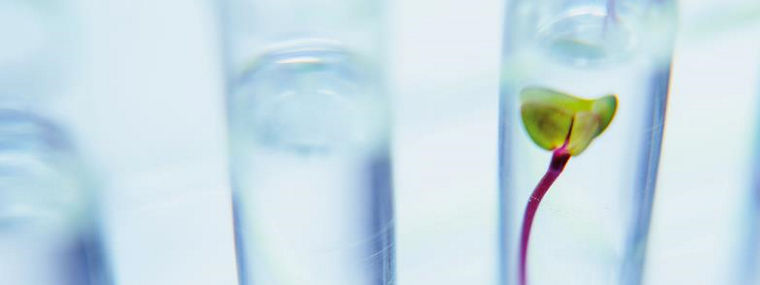Within the scope of our defossilation strategy, Evonik is looking for new innovative ideas to approach sustainable production reducing the CO2 formation globally. In this challenge, we are seeking specially for an alternative usage of an aqueous effluent containing about 17 mass% acrylic acid, 1 mass% acetic ccid and 3 mass% Formaldehyde.
Evonik is one of the world leaders in specialty chemicals. The focus on more specialty businesses, customer-oriented innovative processes and a trustful and performance-oriented corporate culture form the heart of Evonik’s corporate strategy. They are the lever for profitable growth and a sustained increase in the value of the company. Evonik benefits specifically from its customer proximity and leading market positions. Evonik is active in over 100 countries around the world. In fiscal 2022, the enterprise with more than 34,000 employees generated sales of €18.5 billion and an operating profit (adjusted EBITDA) of €2.5 billion from continuing operations.
The Business line Animal Nutrition globally operates some large chemical production hubs with focus on amino acids.
THE ACRYLIC ACID EFFLUENT:
A byproduct of our production processes is an aqueous effluent containing about 17 mass% acrylic acid, 1 mass% acetic acid and 3 mass% formaldehyde with a total amount of some 10000 metric tonnes per year. Currently this effluent is treated in a thermal oxidizer and the waste heat is used for other processes.
Within the scope of our defossilation strategy, we are looking for an alternative usage of this effluent to avoid CO2 formation and emission.
THE CHALLENGE
How can we use this effluent as a precursor for other products with minimum pretreatment effort and in a sustainable way?
Which products can be generated out of this stream and what is their value?
What is the most economical treatment or pretreatment for this stream to make it usable as a precursor?
We want to exclude the following solution: a complete acrylic acid purification process, because this is considered to be not economical.
IDEA SUBMISSION
Each submission should cover one or more of the following key points:
- Overview of the Idea (One-Pager)
- Detailed description of the technical idea
- Flowsheets, drawings, examples, or references for the proposed solution or for comparable systems
- Technical and commercial benefits and limitations of the solution
- Potential collaboration concept for development, scaling up, testing and implementation
ASSESSMENT CRITERIA
The evaluation criteria are defined as follows (ranking from 0 – 10, all criteria have the same weight):
- Sustainability & Circularity: The proposal eliminates the majority of the CO2 emissions of the current process. The proposal fits perfectly into a circular future setup.
- Technical feasibility: There is a high chance of technical success to be expected.
- Commercial viability: The proposed concept is likely to be competitive, compared to other opportunities.
- Quality of idea proposal: The idea is well explained and illustrated
- Creativity: The proposal is new to Evonik (several obvious options and technologies were already evaluated)
For a potential collaboration, a clear description of what is planned to be done, how and with which resources has to be supplied (for instance: project plan draft, responsibilities, funding, others).
LEGAL
The following link will provide you with important information on the conditions of participation and data protection. Please take note of them.
AWARD
Evonik will award a total of 5000€ between the three most innovative concepts and invite the awarded teams for an idea pitch within the Animal Nutrition R&D team.
Target groups: Everyone is welcome to participate. The intended target groups are students, PhD students, Postdocs, R&D institutions, Start ups in chemistry, biology and engineering.
DEADLINES
CHALLENGE CLOSED on Sept 6th, 2024
Congratulations to the winners:
Nikolaus Stellner. TUMCREATE, Singapore.
Christian Berger and Adrian Miltz. Hochschule Niederrhein, Germany.
Prof. Dr. Manishkumar Yadav, Vaibhav More, Vaishnavi Mhaske and Aaush Bhardwaj Singh. Institute of Chemical Technology Mumbai, India.
BY SUBMITTING THE FORM YOU ACCEPT OUR TERMS AND CONDITIONS
Submit Your Proposal
SUPPORT NEEDED
Please contact us at oi@evonik.com
